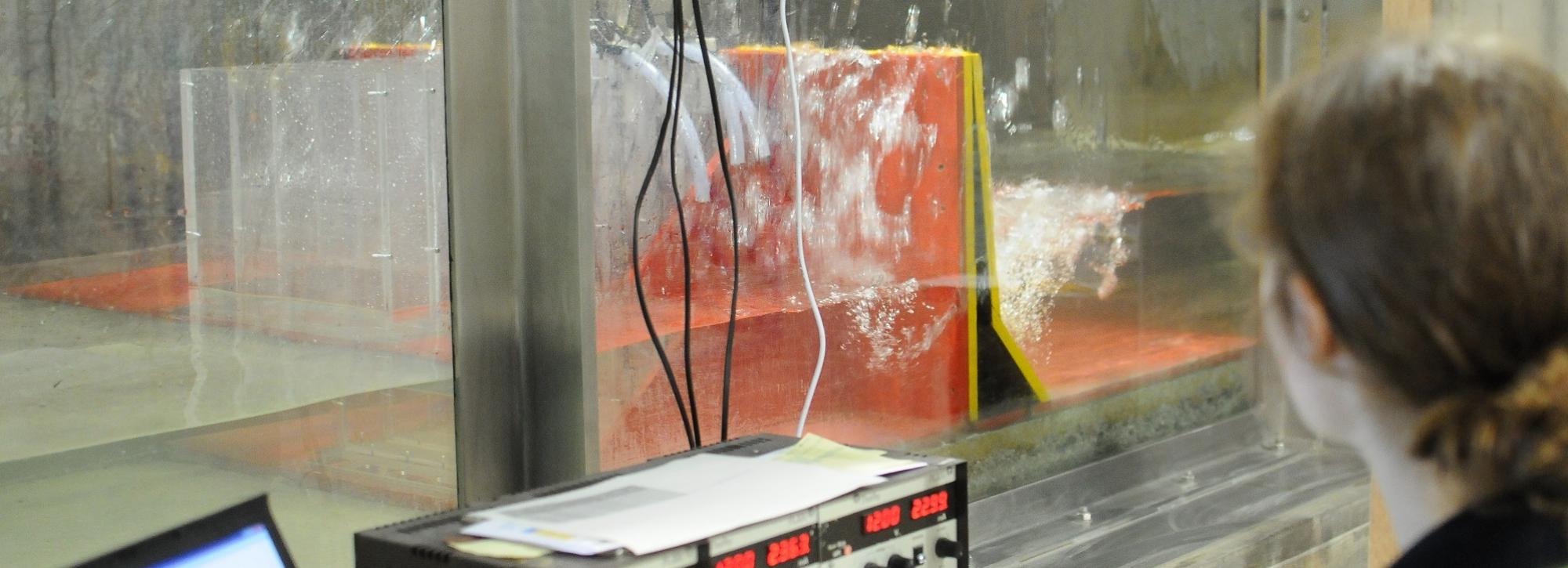
Report encourages ports to act soon on climate adaptation
The potentially far-reaching impacts of climate change on ports and how the sector can adapt are set out in a new paper that we have published in association with the British Ports Authority (BPA).
The paper highlights that the most significant impact of climate change for most ports will be a rise in sea level – which is modelled to happen under all climate change scenarios. It explains how multi-generational port infrastructure such as quays and breakwaters could be vulnerable to climate change, and stresses how ports need to plan and implement climate change adaptation measures sooner rather than later.
The paper also identifies more common and more extreme weather events, tide range and tidal streams, pressure on water supplies and risks to health from hotter summers as impacts that could affect navigation, port operations and land transport.
The paper signposts measures to adapt to these risks and issues that ports need to consider when planning investment. Future adaptation strategies include: building in allowances for sea level rise when constructing port infrastructure; investing in assets that will make it easier to raise breakwaters and sea walls in the future; and advance planning of how to replace structures when needed, embracing the ‘build back better’ philosophy.
Mark Simmonds, Director of Policy and External Affairs at the British Ports Association said: “We are grateful to BPA member HR Wallingford for their insight into the various ways that climate change could impact ports. Port infrastructure often forms part of the first line of defence for many homes and businesses and it is critical that port operations themselves are safeguarded from future risks.”
Tom Matthewson, Ports Sector Lead and Regional Manager for the UK and Ireland at HR Wallingford, said: “Port assets often have a lifespan of several generations - a breakwater or quay is often expected to stand for 100 years or more. That's why it's important that port authorities and operators consider how their infrastructure will stand up to what is likely to be a very different climate in 2120.
“Whilst ports are not strangers to flooding or extreme weather, these events are likely to become stronger and more common in decades to come. Infrastructure operators need to adapt accordingly.”
The full report, also available on the BPA website, can be downloaded below.
Want to know more?
Further information
